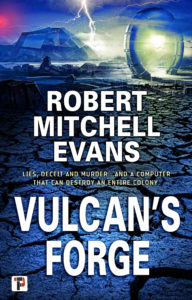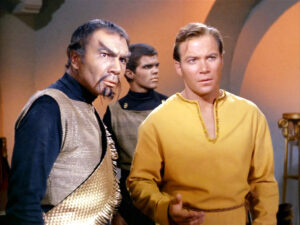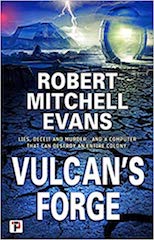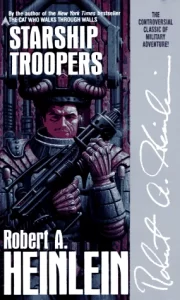.
Errand of Mercy is the 26th episode of season one of the original series Star Trek, notable for the debut of the Klingon Empire and god-like Organians that prevented a disastrous galactic war.
In the episode Spock and Kirk end up trapped on the seemingly technologically stunted Organia, a critical star system on the Klingon Empire’s expected invasion route. The Klingons arrive and what follows is a series of captures, escape, and acts of sabotage as Kirk and Spock
do their duty while the Klingons as brutal occupiers seeming slaughter Organians by scores. At every turn the Organians are pacifistic and welcoming, seemingly untroubled but disgusted by the overt acts of violence. Everything resolves when the Organians, revealing themselves to be beings of ‘pure energy’ and unlimited powers, stop the war and force a peace between the Federation and the Klingon Empire.
There is a subtly to this episode that I have admired for some time, and I can’t recall someone drawing attention to it.
Kirk and, along presumably the Klingon characters, have for all their lives known doors that operated automatically at their approach. It is a classic bit of blooper footage watching the actors of Star Trek slam into the set door when a stagehand missed the cue and they remained closed. The faux setting created by the Organians was one of a society which technologically had not yet advance beyond animal power with massive wooden doors bound with iron like some absurd D&D setting. It is revealed that the god-like aliens crafted all this to make it easier for the humans, Vulcans, and Klingons to interact with the Organians, presumably drawing inspiration from their own biases and preconceptions. Including the bias that doors open themselves.
Throughout the episode every ‘primitive’ wooden door swing open or closed without anyone touching it. Kirk, Spock, Kor, and everyone else simply walks towards the doors and they sweep aside for the characters without a single character every commenting or noting the anachronism.
Of course, for the production of the episode there are stagehands watching intently and pulling on ropes operating the set. Everyone is keenly aware of what is happening in these scenes but the characters, in a beautiful and subtle obliviousness, fail to notice because it is how door always work. The strange working of Organian doors is never brought directly to the viewer’s attention. Not cut away shot focusing on the effect is revealed. The magical doors are simply part of the environment left to be noticed if one is not fully engaged with the story as it unfolds.
When you do notice it, and think about it, its beauty is apparent. A tiny little story element without any direct effect on the plot but establishing the ‘reality’ of the characters and their preconceptions of their world.
A gentle reminder that I have my own SF novel available from any bookseller. Vulcan’s Forge is about the final human colony, one that attempts to live by the social standard of 1950s America  and the sole surviving outpost following Earth’s destruction. Jason Kessler doesn’t fit into the repressive 50s social constraints, and he desire for a more libertine lifestyle leads him into conspiracies and crime.
and the sole surviving outpost following Earth’s destruction. Jason Kessler doesn’t fit into the repressive 50s social constraints, and he desire for a more libertine lifestyle leads him into conspiracies and crime.



